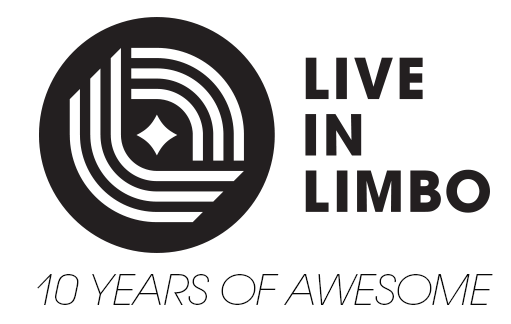
There are only a handful of times where I have found myself in actual awe of rappers (specifically of the charting, superstar, record-breaking calibre) when they perform a verse or song a cappella. The cadences, pacing, and annunciation are all elements of the delivery that sometimes get lost against flashy productions and screaming fans, which are all necessary for the atmosphere and entertainment; but when the artist presents their work in the most raw format possible, it becomes a moment where you understand what the admiration is really about.
During The Blueprint 3 tour back in 2009—which was also the arena debut for then opening act and newly Roc Nation-signed J.Cole—Jay Z chose “Thank You” to remind his audiences of that feeling. It’s the snapshot that came to mind when J.Cole rapped the entirety of “1985”, a 3 minute advisory to the Soundcloud successes, at his Toronto stop on the KOD tour. In both instances, fans helped voice the lyrical tales, chills were felt, and there was a sense of greatness that coursed in the space between.
Unlike Jay Z, and arguably many of Cole’s peers, Cole turned away from displays of opulence, the demands of the social media machine, public expectations, and even his own methodology to reconfigure his approach after his second album, Born Sinner. The three albums that followed all had shorter promotional cycles, no features, and less emphasis on trendy production, in exchange for more meditative and deeper storytelling, record-breaking releases, more critical praise, and wider audiences. A lot of artists claim authenticity, but in Cole’s case, he made truth a guiding principle.
His latest release, KOD, explores moral grievances, laying out Cole’s battles and negotiations with modern romance, infidelity, addiction, greed, and finding longevity. His observations—sharply delivered in just under 45 minutes across bare bone beat kicks—are meant to help you with your existential dissection.
On Thursday night, he expanded those ideas on stage. “Everybody has experienced pain. It’s per the contract that you signed. Everyone is destined to feel pain. But why does nobody show us how to process that sh*t, how to deal with that sh*t?” J.Cole asked Toronto.
Those were some of the questions posed amongst monologues on overnight successes, what he called “Twitter A&R”, friendship, and the political landscape in the States. Somewhere in there, he shouted out the city before him. “Toronto is one of the first cities that embraced me and gave me love,” he said; nearby, a fan screamed “A Dollar and a Dream tour!” to establish their loyalty.
While Cole has had a deep-rooted following since the days of The Come Up and Friday Night Lights, it says something that the peak of his growth is the present; that there is a direct correlation between his artistic evolution, and the fans that followed suit. That in a 90 minute set, packed with music from his entire album discography, there wasn’t any real low point on the performance or reception side; because a J.Cole show means getting to gather round, and listen in to different kinds of stories from distinct chapters, without the frills. He really didn’t need much; a few display pillars and oval-shape screens, floating cloud-like ‘K’, ‘O’, ‘D’ letters, and a full live band tucked away in the back.
What you get is an individual determined to share what he can in hopes of creating an experience that resonates. At the base-level, you can appreciate the storytelling, and the delivery, on songs like “Photograph” and “Neighbors”. When it comes to the hits—“Can’t Get Enough”, “Work Out”, “Nobody’s Perfect”, and “Power Trip”—it’s a showcase of Cole’s success when he did play into the game, heightened by a crowd where literally every hand was in the air. And yet, when it came to the songs that fell in between, those hands didn’t drop. Where Cole left gaps in his rhymes, there were thousands to sub in for “ATM”, “KOD”, “G.O.M.D.”, “No Role Modelz”, “Motiv8”, and more.
‘1985’ felt like a full-circle moment. It pulled together what made the entire show equal parts entertaining, revealing, and inspiring. It also felt like a call-back to the 2009 tour, a reminder of what it feels like to see someone who has made a very noted, permanent impression that demands respect.
At that show, Hov brought out J.Cole to perform “A Star is Born” with him on tour, which at the time felt like a premonition. All these years later, that foreshadowing proved to be true, but it manifested itself in a completely different way. J.Cole isn’t as affiliated with the notion of celebrity or extravagance; instead, he associates himself with more accessible realities. Unlike ‘Thank You’, which mainly explores the thrill of fame, “1985” is a warning about power, influence, and success. Internalizing that is easier when you think about who is delivering it to you; and J.Cole is someone who you should care to listen to, because what you see, really is what you get. Clap for him.

